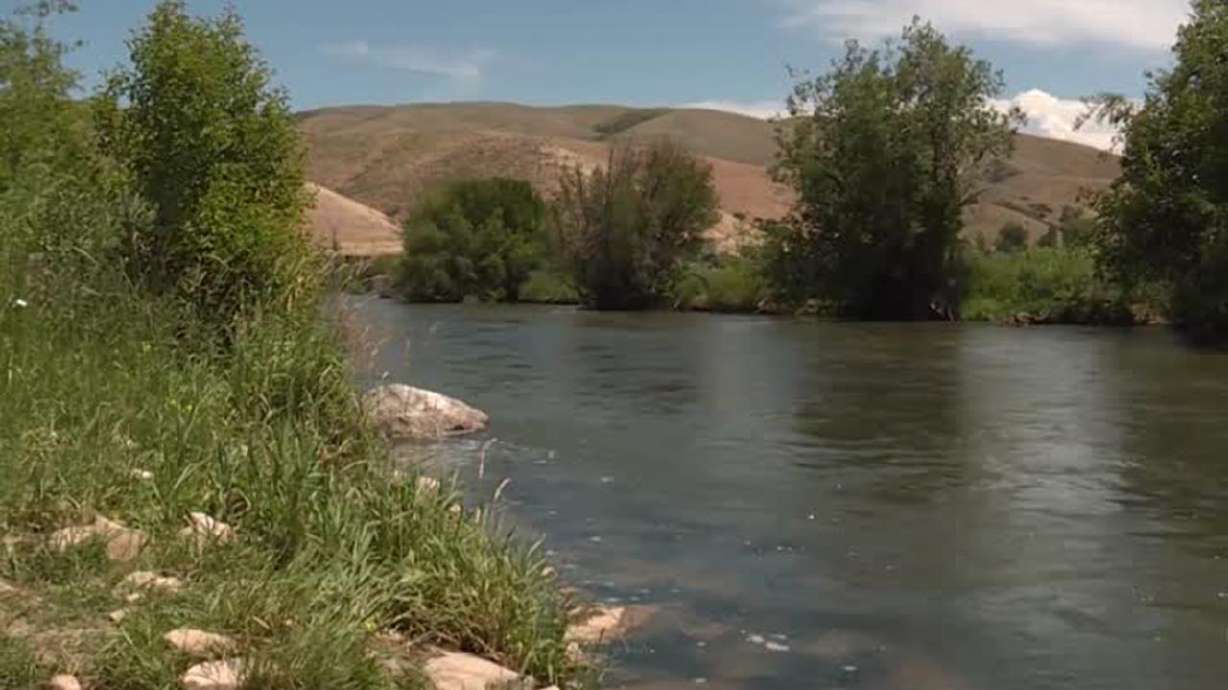Estimated read time: 2-3 minutes
This archived news story is available only for your personal, non-commercial use. Information in the story may be outdated or superseded by additional information. Reading or replaying the story in its archived form does not constitute a republication of the story.
SALT LAKE CITY — A controversial law on the books since the early statehood of Utah may get retooled this legislative session after an intense summer of meetings hammered out a tentative compromise.
SB17, sponsored by Sen. Ralph Okerlund, R-Monroe, deals with extraterritorial jurisdiction, which gives cities of the first class control of their primary watershed from which they derive their water supply.
The legislation seeks to confine that authority to the water supply's "county of origin" and requires a municipality to seek written permission from other counties or cities if exercise of that authority is sought outside the home county boundaries.
Marie Owens, director of the Utah Division of Drinking Water, called the measure a "fragile compromise" reached after a long summer of meetings.
The issue of extraterritorial jurisdiction has been simmering for decades as various landowners, government entities and others have tried to control what happens in the Wasatch canyons.
Critics of Salt Lake City, which gets 60 percent of its municipal water supply from the canyons, complain that it exercises too much land control in an era when sophisticated water treatment systems and various agencies are sufficient to protect the water supply.
In addition, some other areas of the state such as Wasatch and Duchesne counties — which are part of a complex water delivery system serving portions of the Wasatch Front — could be vulnerable to land use restrictions under extraterritorial jurisdiction.
Norm Henderson, a Big Cottonwood Canyon resident and subcommittee member, said the bill still has problems because it needs to provide more specific representation to residents and it has potential unintended consequences.
Henderson, in a written complaint to Okerlund, said vague language in the bill could trump prior land use authority.
In addition to the extraterritorial jurisdiction measure, the committee also endorsed a resolution to continue the study of water banking in Utah.
Senate Minority Assistant Whip Jani Iwamoto, D-Holladay, is sponsoring SJR01 to support the continued exploration of water banking in the agricultural community as an option when water is in short supply.
If drought, for example, precludes a farmer from irrigating his entire farm, the water banking option would allow him to lease a portion of his water right without fear of permanently giving that right up.
Steve Clyde, a water attorney and member of the state Water Development Commission, told lawmakers that water banking has been effective in other states but is untried in Utah in part due to its arid conditions.
Supporters believe it could be an effective tool in certain basins, such as the Bear River.
Iwamoto says she hopes to have legislation crafted in time for the 2020 legislative session.
Both the resolution and Okerlund bill advanced to the full Senate.










